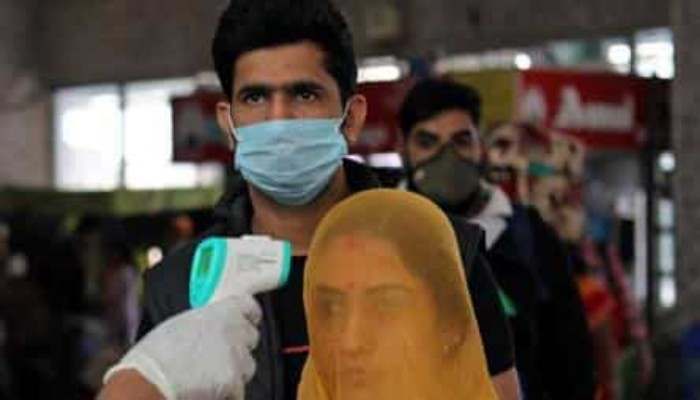New Delhi, December 22:
India has not yet detected the new strain of coronavirus that has spread to some parts of the United Kingdom, top government officials said on Monday, describing the curbs on flight services as a “measure of caution”.
The new strain is feared to be more infective and could 70% more transmissible, experts in UK said over the weekend, prompting over 40 nations – including India – to suspend flight operations.
“It is just a precautionary measure. This strain has not been found in India,” confirmed Rajesh Bhushan, Union health secretary.
Dr Samiran Panda, head, epidemiology and communicable diseases, Indian Council of Medical Research (ICMR), also said, “We have not found anything related to the UK strain so far in any of our samples. Be it in our laboratory in National Institute of Virology (NIV) in Pune or any other laboratories across the country doing genome sequencing, there is no evidence of this mutation in our samples.”
As part of epidemiological surveillance, India has been performing virus genome sequencing to follow mutations.
“It is an ongoing process that started some eight months ago. The process is that if there is any new mutation found in the virus then it is compared with past mutations to figure out the change. So far, there have only been minor mutations seen in the virus which is not of much consequence, and nobody has identified anything of this particular UK strain,” Dr Panda said.
“We are constantly vigilant, and it is not like the strain has mutated in the UK and suddenly we will start looking for this mutation. If there is a mutation it will show up in the surveillance but so far there is nothing of consequence,” he added.
Virology experts who have been performing genome sequencing also say they haven’t come across this particular strain as yet.
“We have been sequencing but so far nothing of this sort has been identified. There are two things, antigenic drift and antigenic shift wherein drift is a minor change and shift suggests a major mutation in the virus structure. Many a times even if there has been a mutation we have to see what impact it has clinically. There have been mutations detected in Sars-Cov-2 virus in the past but those haven’t meant much clinically,” said a senior virologist at a prominent government laboratory approved to perform Covid-19 testing, while asking not to be named.
The mutation should not be a cause for concern, the virologists said, as it has shown to be more transmissible, which means it will spread faster, and not more virulent.
“There are three causes of worry when we talk of virus mutation: transmissibility, pathogenicity (the strength to cause disease), immunogenicity (to provoke body’s immune response). In both the cases, in the UK and South Africa, the strains have been found to be more transmissible. The virulent part has not been established yet,” said Dr Jacob John, former virology department head, Christian Medical College, Vellore.
“It partly explains the second wave that the world is seeing; however it will be difficult to predict the epidemic pattern in India as we don’t have a systemic approach to pandemic research in India. We don’t have the relevant data. We treat outbreaks more like a law and order problem in India,” he added.
(Courtesy Hindustan Times)




